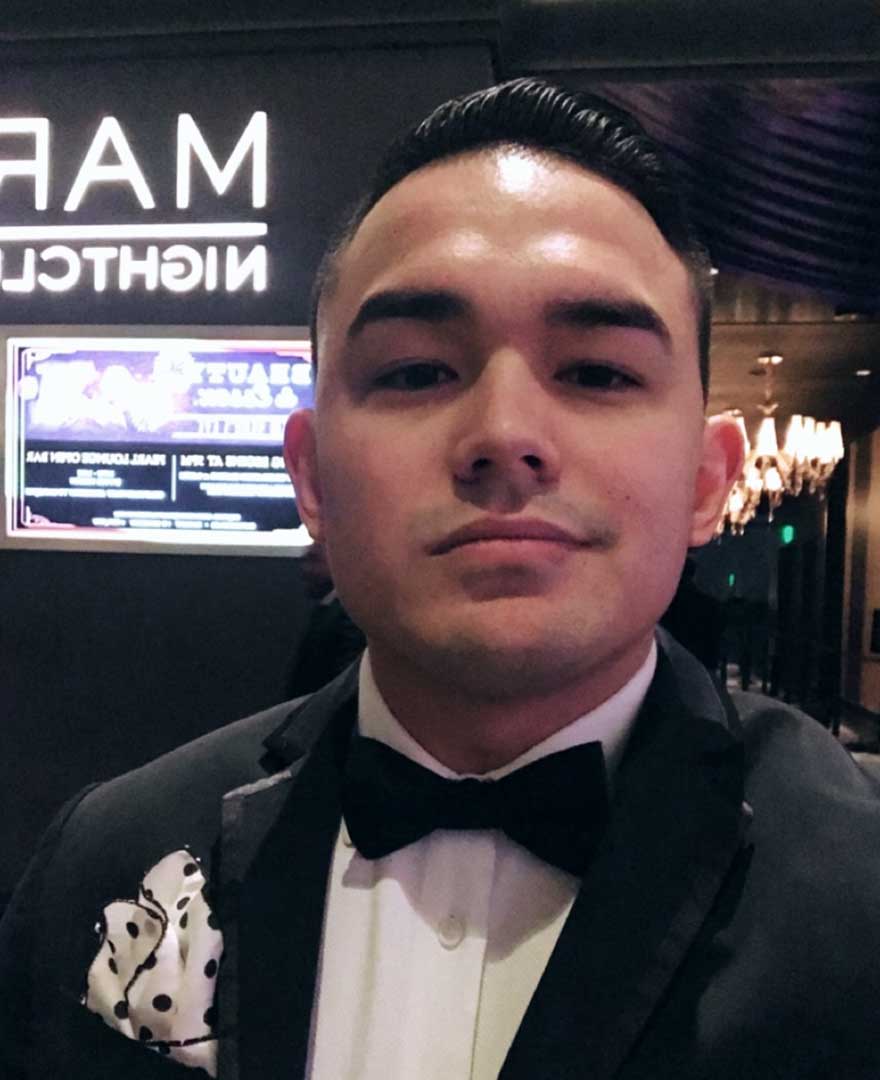

And the Confucian sage hopes that in the end his wisdom will extend its influence throughout the whole of China: for ‘if the king himself is upright, all must go well.’ His political advice, unlike that of most philosophical counsellors, is neither idealistic nor totalitarian. For it is in the family that jen must be acquired and li learned (‘are not filial duty and brotherly love the bases of jen?’). Nor is the tao a private driveway: it is the public high-road for social and political life. Again, although Confucius can find joy in ‘poor food, water to drink, and my arm for a pillow’, yet ‘when the tao prevails in the country, you should count it a disgrace to be poor or obscure.’ The tao will, as Surtees put it, fill the chinks with cheese.

Learning matters (’I have never tired of learning,’ said Confucius, ‘nor of teaching others what I have learned’), and music is an indispensable accompaniment along the way. The tao is not narrowly ethical in its content. A later Confucian professed that ‘by li Heaven and Earth unite, by li the sun and the moon are bright. Yet despite the emphasis on inward virtue, it is the prominence given to li and to the requirements of formal courtesy which now seems most arresting. Li without jen are empty gestures: jen without li is vulgar and formless. Thus, after a bereavement, a sage ‘wears garments of mourning, walks with a rush cane, lives in a hovel, eats boiled rice, uses firewood for a chair and a stone for a pillow for that is how a noble man expresses, with beauty and appropriateness, his grief and his sorrow’. Moreover, the li must be observed in the right moral spirit, so that outward li expresses inward jen. But rule-following is not enough, for li cannot cover every aspect of life, and there are areas in which a man must rely on ‘righteousness’, or i, and judge for himself what is ‘appropriate’. The way is marked by li: by rites and rituals, by rules of etiquette and propriety, of politeness and decorum, by good manners. There is a right way for the world, the tao. Finding his Utopia in the past, he claimed not to innovate but to transmit an ancient learning: in order to return to the tao, China need only recover the wisdom of the age of Chou. So at least thought Confucius five hundred years later. The tao prevailed in the land: the right path was taken, men were upright and amiable and rich, things went the way things ought to go.

In 1045 BC the Mandate of Heaven passed from the Shang to the Chou dynasty, and the sun rose on an age of gold.


 0 kommentar(er)
0 kommentar(er)
